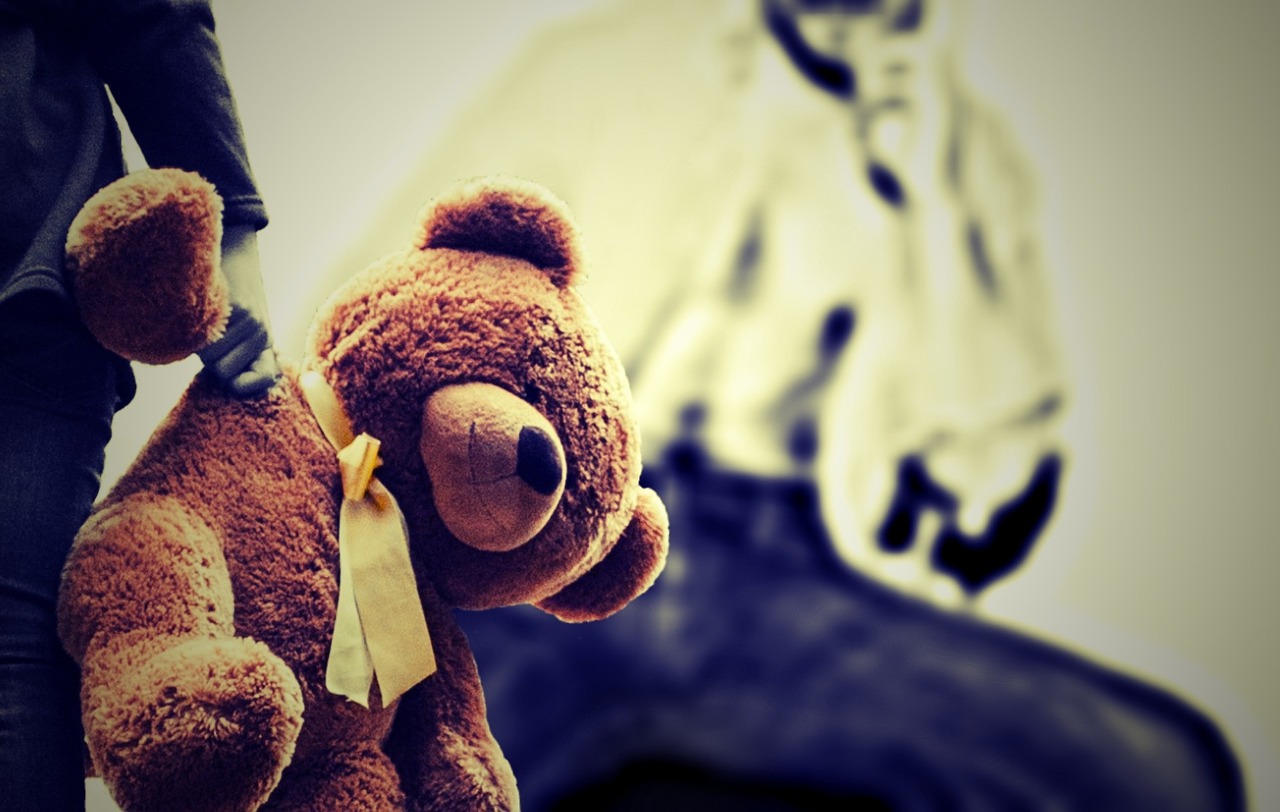Abuse can be emotional, physical or sexual. It can leave us unable to commit to relationships, living in fear, unable to trust and difficult to tolerate intimacy. It can also leave us lacking in self-confidence and feeling unworthy.
These are all common statements that you will hear from people have had to endure abuse and the degree of abuse can vary from going to bed without being fed, being locked away in the cupboard to physical violence or emotional/mental degradation.
There are three main environmental factors in childhood abuse:
- The Alcoholic Family or Drug Abusive Family;
- Emotional Dysfunction; and
- Abusive Family History.
As an adult our memories are often masked, having adopted defence mechanisms such as denial or amnesia. Often when emotional abuse is involved, a person may not think of themselves as being an abused child, but wonder why they now suffer from low self-esteem or lack of confidence or why they feel fearful, have an eating disorder, or choose abusive, un-nurturing partners.
One of the first steps in healing the wounds of an abused child, is to recognise and acknowledge the fact that the abuse did take place. These memories are often completely buried, and the only clue to the trauma will be certain behavioural similarities that have been shared with others survivors of abuse. For example:
Physical abuse: any form of physical abuse leaves emotional scars and far out last any wound itself, this can often result in:
- eating disorders;
- having unrealistic high or low expectations;
- fear of letting people know the “real” person within;
- inability to feel love or to express affection;
- belief that they have a monster within and that it can be very destructive;
- shame;
- anger or aggressive impulse issues;
- avoidance issues;
- feeling unworthy.
to name just a few.
Sexual Abuse: can often be difficult to identify as it can be disguised as love and affection, which is often more confusing to a child, often leaving them feeling invaded and loved. It can often be difficult as an adult, to have normal relationships. Some of the problems can be:
- intense sex drive;
- low sex drive;
- inability to maintain/commit to relationships;
- fear of intimacy; or sex;
- fear of men or women; or
- feeling intimidated by partners.
Emotional abuse: will often result in thoughts and feelings of irrationality and fear, thoughts and feelings of being unacceptable or unloved, being weak. This often results in someone feeling:
- neglected;
- inconsistent;
- disapproved of;
- guilt;
- negative body language; or
- feelings of intimidation.
Hypnosis in the management of Child Abuse:
Hypnosis can help:
- build a persons’ confidence to release negative patterns;
- recall a positive experience to increase self-worth;
- reprogramming those negative thoughts into positive thoughts;
- decrease the hurt and pain and heal the inner child; and
- allow the positive emotions and new desire messages/behaviours to be anchored into the sub-conscious.
Through the use of hypnotherapy and guidance, Karen will be able to assist with ways of overcoming the difficulties of moving beyond that old memories and behaviours, which will provide great benefits and improve the enjoyment of life.
For further information contact us on (03) 5223 2370 or via email
AMAHS, MASCH, NFH

